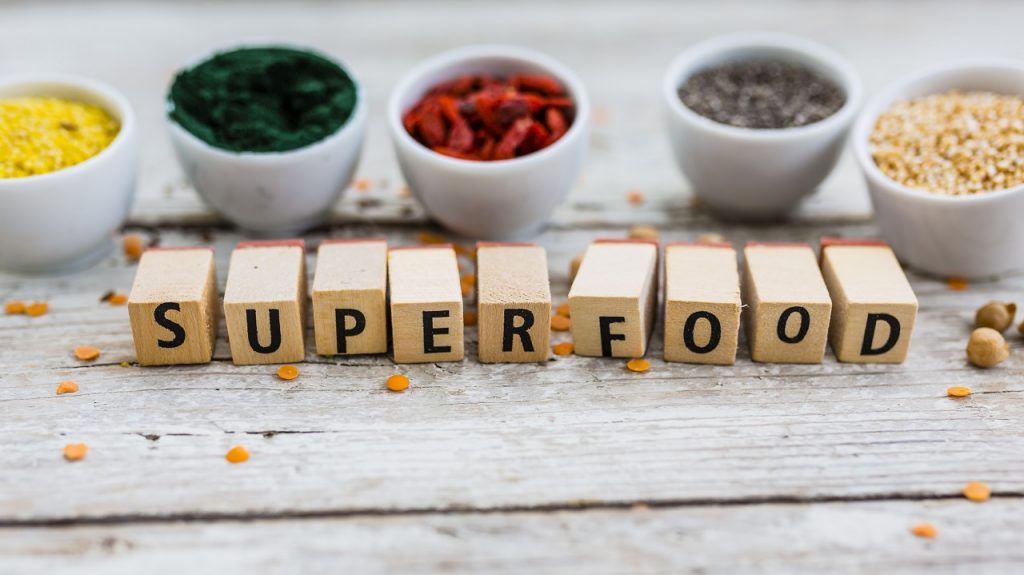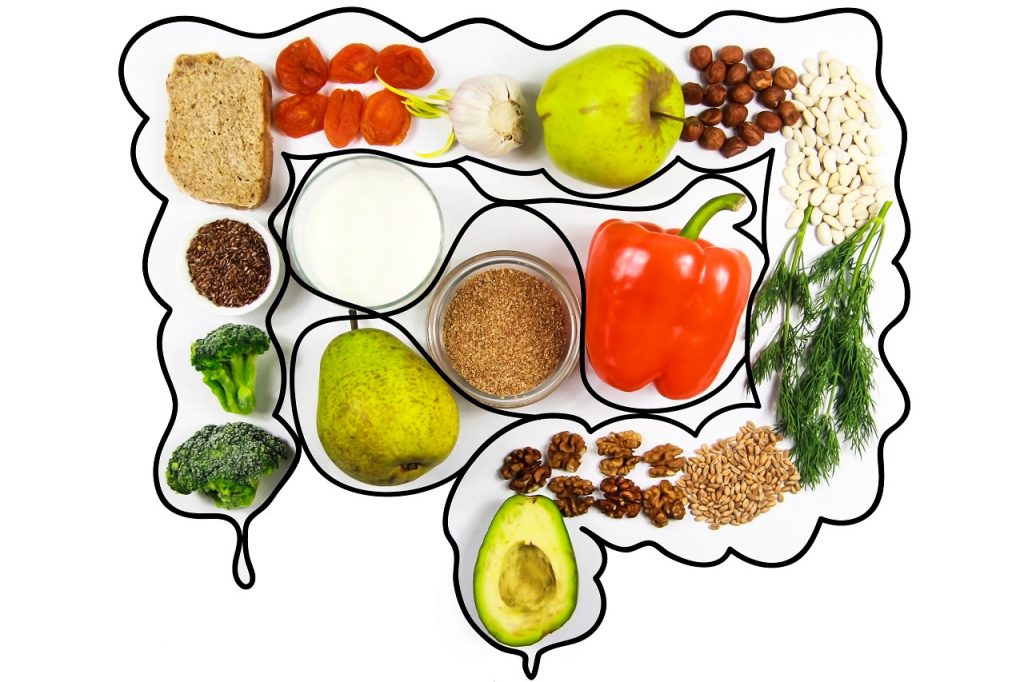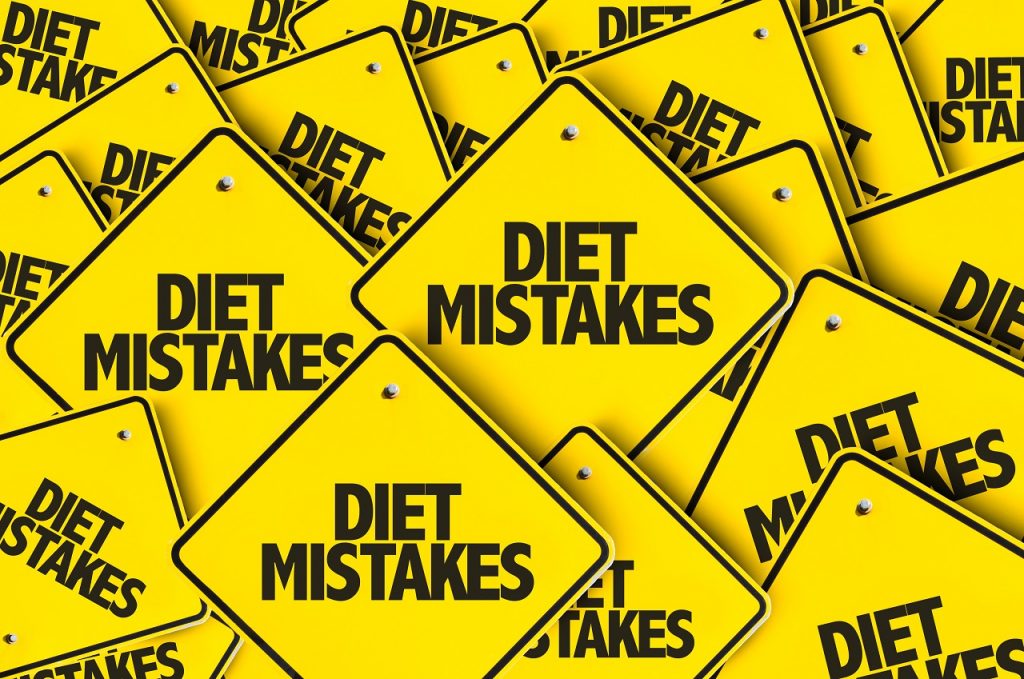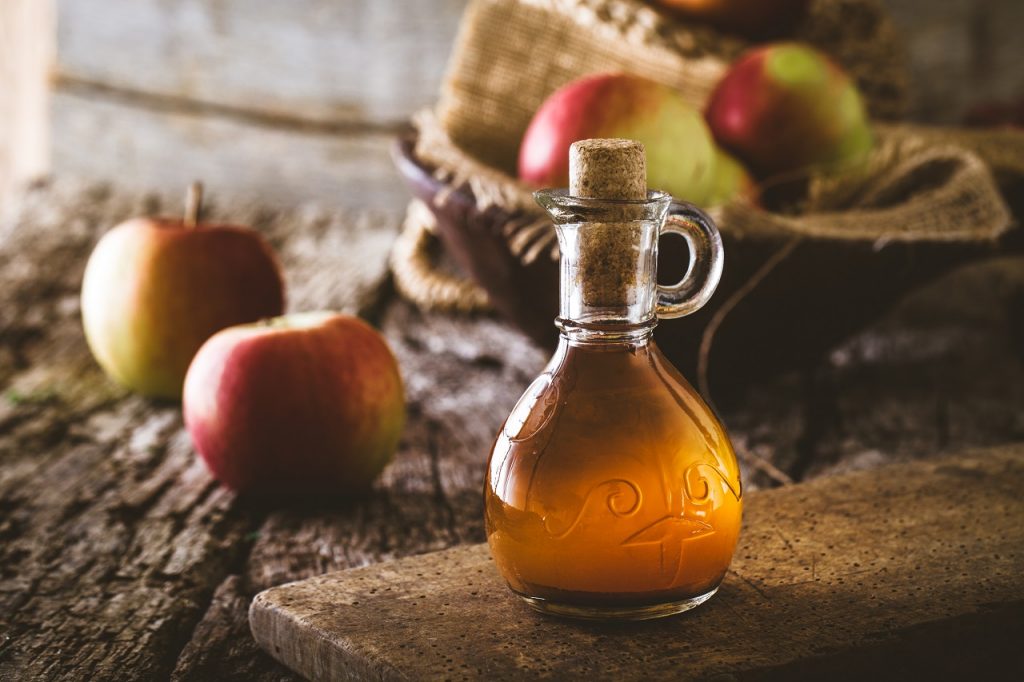
If you check from a nutritional perspective, there is no such thing as superfoods. While this was a term used for marketing purposes to influence food trends, there is no denying the positive effects that some of these foods have on the body. The term “superfoods” is used to describe a food that is rich in a particular nutrient or other bioactive substances. Superfoods are steadily joining the wagon in India due to their numerous health benefits.
Here are 5 foods that may be worthy of the esteemed superfood title.
1. Indian Gooseberry (Amla)
It has a sour, astringent taste and sweet aftertaste. It is one of the richest sources of vitamin C (approx. 600-700mg per fruit). Along with antioxidants and immunity-boosting properties, it also has anti-ageing, anti-cancer, anti-diabetes properties and it also reduces menstrual discomfort. It is rich in pectin, a dietary fibre that regulates bowel movement and also treats scurvy. Amla powder is used in many hair tonics as it enriches hair growth, maintains hair colour, and improves lustre. It is also available in various other forms such as powder, juice, oil, tablet and spice. Click here to know more about the Indian Gooseberry!
2. Fenugreek Seeds
As demonstrated in various studies Fenugreek is rich in fibre and protein. Due to its valuable bioactive components, it has an anti-diabetic effect, it is loaded with antioxidants, and it is anti-carcinogenic, hypo-glycemic and has a cholesterol-lowering effect as well. It reduces weight and obesity, treats constipation and also acts as a Galactagogue i.e. it improves milk production in breastfeeding mothers. Fenugreek should be included in our daily diet. It can be used while cooking curries, vegetables, dals, and parathas, etc.
3. Garlic
The health benefits of garlic are numerous. These include anti-cancer, antibiotic, anti-hypertensive and cholesterol-lowering properties. It is also anti-diabetic, antioxidant, antimicrobial, immunomodulatory, anti-asthmatic. Garlic needs to be peeled, chopped or crushed and then consumed to activate its main component. It is also a source of prebiotics. Studies indicate that eating 2 cloves of garlic lowers cardiovascular disease risk. To know more about the benefits of Garlic, click here!
4. Green Banana Flour
It is made by drying unripe green bananas and grinding them into a fine powder. It has a mild nutty taste and has resistant starch which is undigested, thus beneficial for colon health and also aids digestion. It is gluten-free and can be substituted for wheat flour. It is ideal for weight watchers as it keeps the tummy full for a longer time. This prevents binge eating. As green banana is low in sugars, it is also diabetic friendly. It contains numerous vitamins and minerals.
5. Moringa / Drumstick
A highly overpriced superfood in the west, it grows abundantly in India. It is used mostly in sambhars, curries and cooked vegetables, both in rural and urban areas. WHO (World Health Organization) promotes this as an alternative food source to treat malnutrition. Moringa leaves are rich in minerals such as calcium, potassium, zinc, magnesium, iron and copper. Thus, it helps in treating anemia and boosts immunity. A single serving of Moringa contains about 3x the iron of spinach. Iron is essential to enriching the blood, energy and oxygen in our muscles and organs. It also works as a Galactagogue i.e. helps in inducing milk. It is highly recommended for pregnant women. 1 tsp of Moringa powder added to water or the leaves cooked into a vegetable or the drumsticks inner pulp consumed, can begin the process of adding health and nutrition to your life and everyone around.
These easily available superfoods can add to your health and well-being! Do consult your doctor before trying any of these foods to avoid allergic reactions, especially if pregnant.
We hope this article helps you! Leave your thoughts in the comments below! For more informative articles such as this, check out Healthy Reads or you can get this information directly from a GOQii Coach by subscribing for Personalised Health Coaching here.
#BeTheForce
 How often are you worried about that sneaky fat creeping up around your mid-section, a bloated belly after you eat or low energy sabotaging your workout? What do all of these have in common? They’re all reflections of the direct relationship between sluggish digestion, slow metabolism and weight gain. Overeating during the holidays and engaging in less physical activity means this process can really snowball in the winter.
How often are you worried about that sneaky fat creeping up around your mid-section, a bloated belly after you eat or low energy sabotaging your workout? What do all of these have in common? They’re all reflections of the direct relationship between sluggish digestion, slow metabolism and weight gain. Overeating during the holidays and engaging in less physical activity means this process can really snowball in the winter. The internet can be useful, there’s no denying it. Those fun DIY tricks and videos that can help you learn a new skill-set are pretty awesome indeed! But everything in this world has a downside and sadly, the internet has one too! While the internet helps you discover new things every day, it also leads you to fake news, tips and ‘hacks’ for instance – Quick Fat Loss Tips or Lose Fat in 10 days.
The internet can be useful, there’s no denying it. Those fun DIY tricks and videos that can help you learn a new skill-set are pretty awesome indeed! But everything in this world has a downside and sadly, the internet has one too! While the internet helps you discover new things every day, it also leads you to fake news, tips and ‘hacks’ for instance – Quick Fat Loss Tips or Lose Fat in 10 days.



